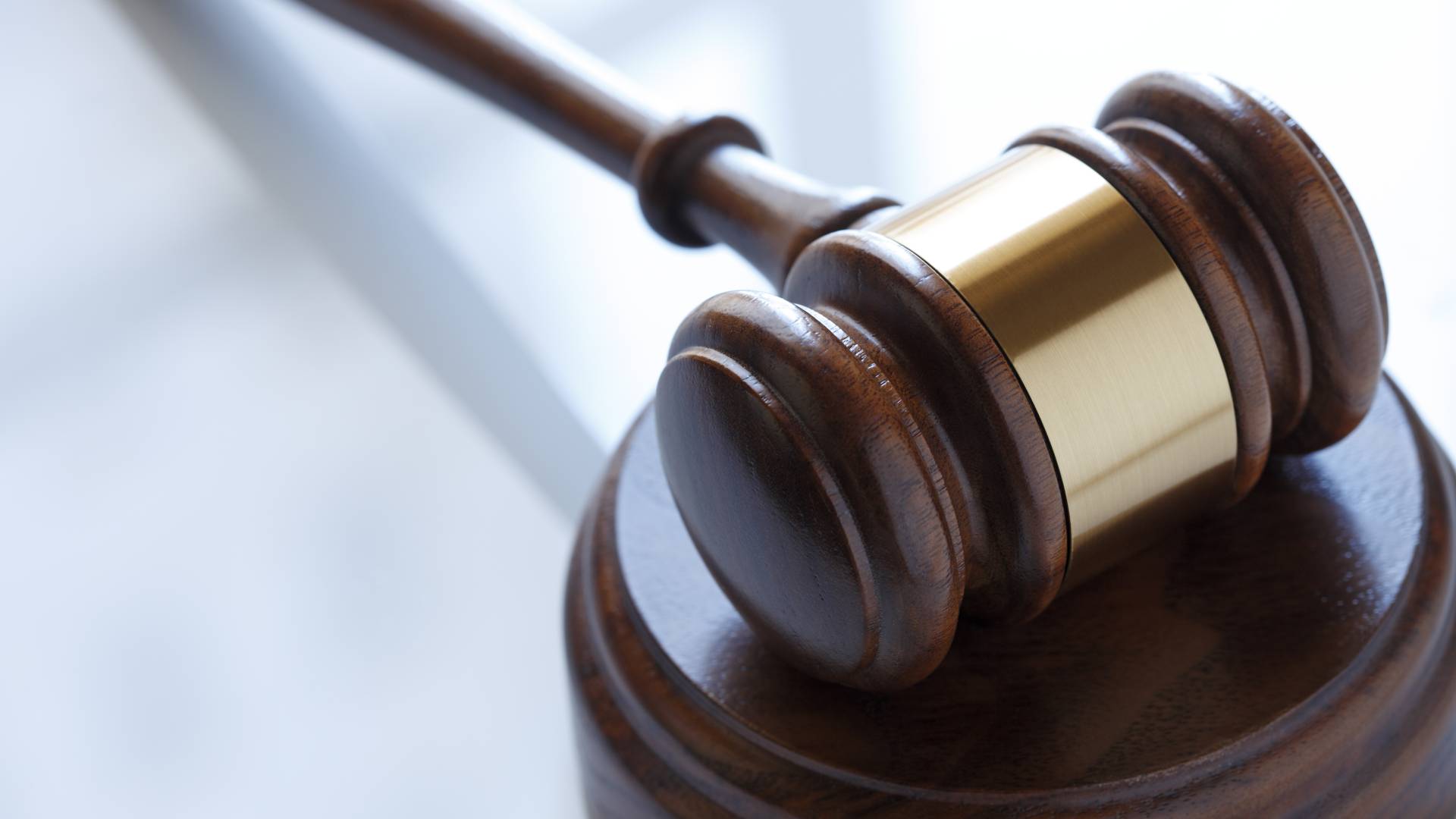
Firearm Possession by a Convicted Felon
Call the Miami Weapon Crime Defense Attorneys at Hubbs Law Firm
When a person is convicted of a felony in Florida, he or she loses several rights. Convicted felons cannot vote, serve on a jury, or hold public office until their civil rights have been restored. Another civil right that convicted felons lose is the right to possess a firearm. When an individual with a felony conviction is accused of being in possession of a firearm, it is a felony offense that is punishable by a lengthy prison sentence and steep fines.
If you have been previously convicted of a felony offense and were recently arrested in South Florida for allegedly possessing a firearm or deadly weapon, it will be in your best interest to retain legal counsel as soon as possible. Hubbs Law Firm aggressively defends clients accused of various weapons and firearm crimes in numerous communities in Miami-Dade County, including Homestead, Miami Gardens, Hialeah, Cutler Bay, Aventura, and many others. Miami criminal defense attorney E.J. Hubbs is Board Certified in Criminal Trial Law by the Florida Bar.
Call (305) 570-4802 right now to take advantage of a free, confidential consultation that will let our lawyers review your case and answer all of your legal questions.
Firearm Possession by a Convicted Felon Charges in Florida
Under Florida Statute § 790.23, it is unlawful for any person to own or have in his or her care, custody, possession, or control any firearm, ammunition, or electric weapon or device, or to carry a concealed weapon, including a tear gas gun or chemical weapon or device if he or she has been:
- Convicted of a felony in the courts of Florida
- Convicted of or found to have committed a crime against the United States that is designated as a felony
- Found guilty of an offense that is a felony in another state, territory, or country and which was punishable by imprisonment for a term exceeding one year
- Found in courts of Florida to have committed a delinquent act that would be a felony if committed by an adult and such person is under 24 years of age
- Found to have committed a delinquent act in another state, territory, or country that would be a felony if committed by an adult and which was punishable by imprisonment for a term exceeding one year and such person is under 24 years of age
An important aspect of a firearm or weapon possession by a felon case is the type of alleged possession an individual is accused of. The specific form of possession not only impacts the alleged offender’s defenses, but it can also factor in sentencing if convicted.
The three types of possession in these cases include:
- Actual Possession — The firearm or weapon was either in the hands of the alleged offender, in a container in the hands of the alleged offender, or so close as to be within ready reach and under the control of the alleged offender. Convictions involving actual possession carry three-year mandatory minimum prison sentences.
- Constructive Possession — The weapon or firearm was in a place over which the alleged offender had dominion and control over the firearm or weapon, knowledge the weapon or firearm was within his or her presence, and knowledge of the illegal nature of the firearm or weapon.
- Joint Possession — The firearm or weapon was under the control of two or more people, each of whom are considered to be in possession. Convictions for joint possession do not carry mandatory minimum prison sentences.
As professional Miami criminal defense attorneys, we take every case personally give every client the deliberate care it deserves. Our clients become part of our family and we fight relentlessly for their rights. Read more about us to find out how we can help you.



Client Testimonials
-
I do not have enough praise for Erika and Eric.
Zoe Gorospe -
"Erika, por mucho, es la mejor abogada de inmigración, me ayudó cuando nadie más lo haría y gracias a todo su trabajo, pude resolver mi asunto de inmigración con la nota personal que te trata como a una familia y la recomi"
-
"The moment I spoke to Hubbs (the attorney), I was hopeful. He cared to listen, was honest, gave me his humble opinion, listed possible outcomes, and most importantly, he told me to come in because he thought there was a fighting chance."Carlos G.










